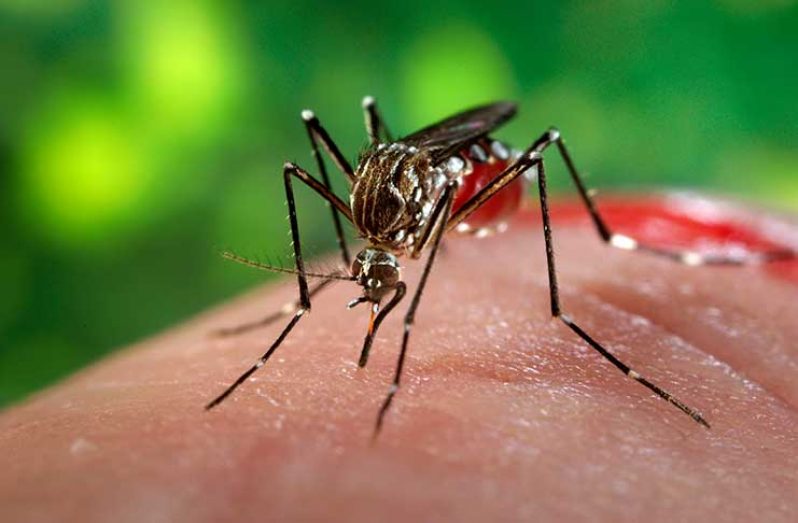— but war on mosquitoes not over, says CARPHA
CARIBBEAN Public Health Agency (CARPHA) Director, Dr. James Hospedales said even though the number of zika cases has significantly declined from the outbreak of 2016, there is still need for continued vigilance and action on mosquito borne diseases.
These, he said, pose health, security, tourism and economic threats to the region.
The information was released as part of an information package disseminated to member states in observance of Caribbean Public Health Day 2017, CARPHA said in a recent statement.
The package profiles zika since its arrival in CARPHA member states and addresses the epidemic and its impact on health, the economy and the tourism sector.
Actions of member states and partners, new technologies and approaches, and what CARPHA is doing to help its member states, were among the areas highlighted, the public health agency stated.
It said zika came on the heels of chikungunya which had affected the health and economic structure of most countries and territories within the Caribbean.
In late 2015, the Caribbean confirmed its first case of the zika virus, followed by a dramatic increase in 2016. The number of laboratory requests and confirmed tests peaked in August, then began a steady decline to December, CARPHA recalled.
“The zika epidemic has shown signs of a significant slow-down, and the risk to residents and visitors is deemed much lower. However, the region continues to struggle and fight against the Aedes aegypti mosquito responsible for its transmission,” the public health agency said.
Zika has been associated with an increase in Guillian Barre syndromes (GBS) in five CARPHA member states (CMS). A zika-associated case of microcephaly has also been reported in one country. No reports of sexually transmitted Zika cases in CMS have been documented. These associated complications can have a marked impact on the people affected and their communities.
“The region has seen dengue, chikungunya, and now zika, which is transmitted by the same mosquito and the key to tackling them is prevention and control. We must continue to literally wage war on them. But we need to be smarter. We need new approaches and technologies and partners against this threat, which is present throughout most of the tropical world,” Dr Hospedales said.
CARPHA revealed that its reference laboratory received thousands of requests for testing, and as of April 2017, 24 member states reported locally transmitted cases of the virus.
In 2013, CARPHA declared July 2, Caribbean Public Health Day. The date also coincides with the anniversary of the official launch of the Caribbean Public Health Agency whose mandate is to prevent disease, promote and protect the health of people of the region through: monitoring health and disease spread, responding to emergencies and threats, nutrition and food security, providing laboratory services, conducting health research into priority health issues, assuring environmental health and pharmaceutical quality.




.jpg)










